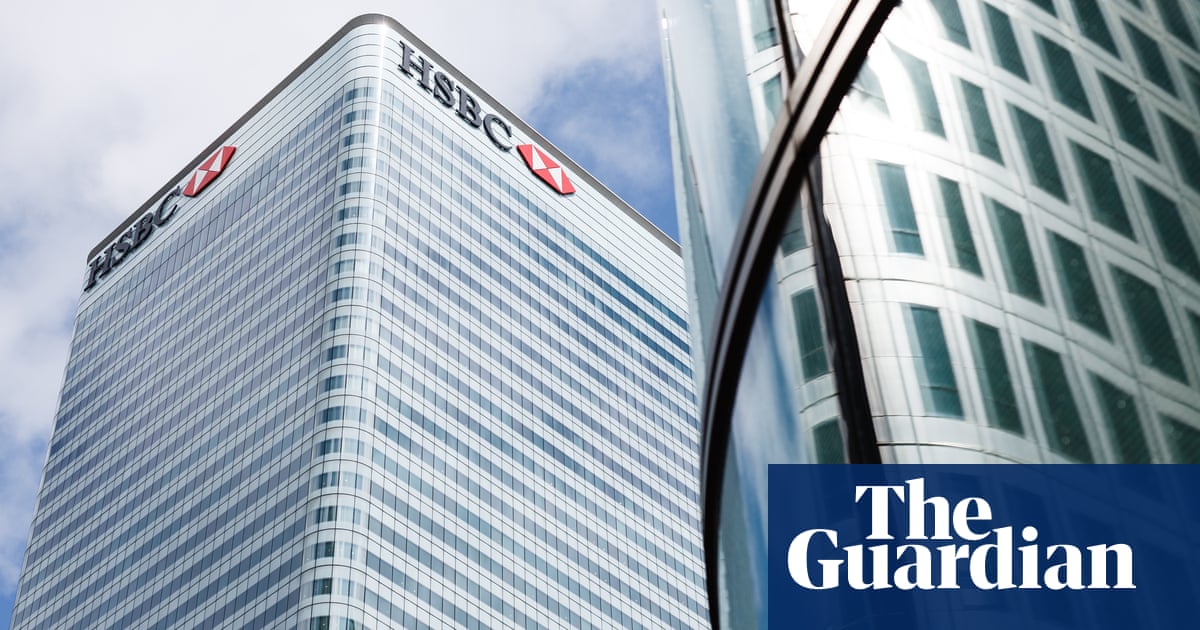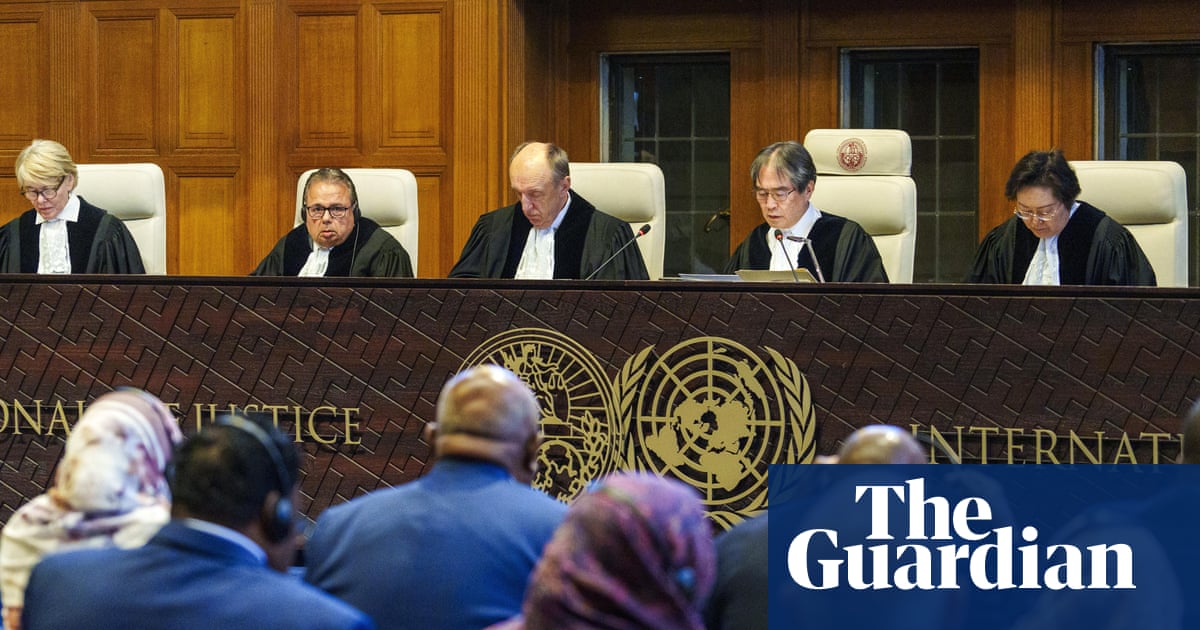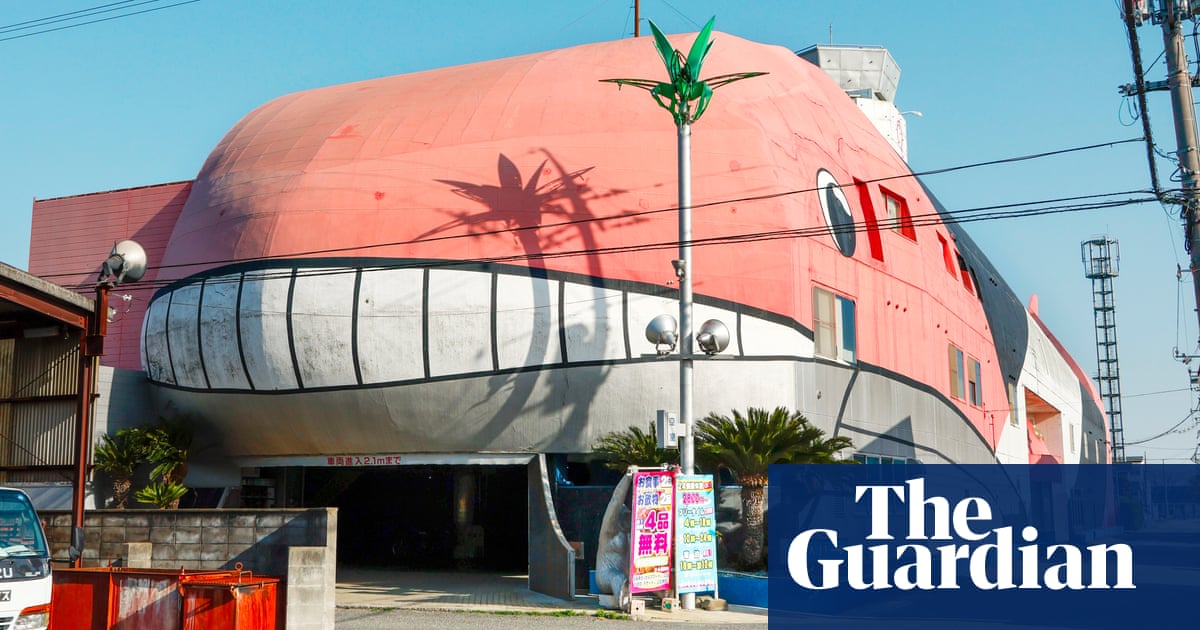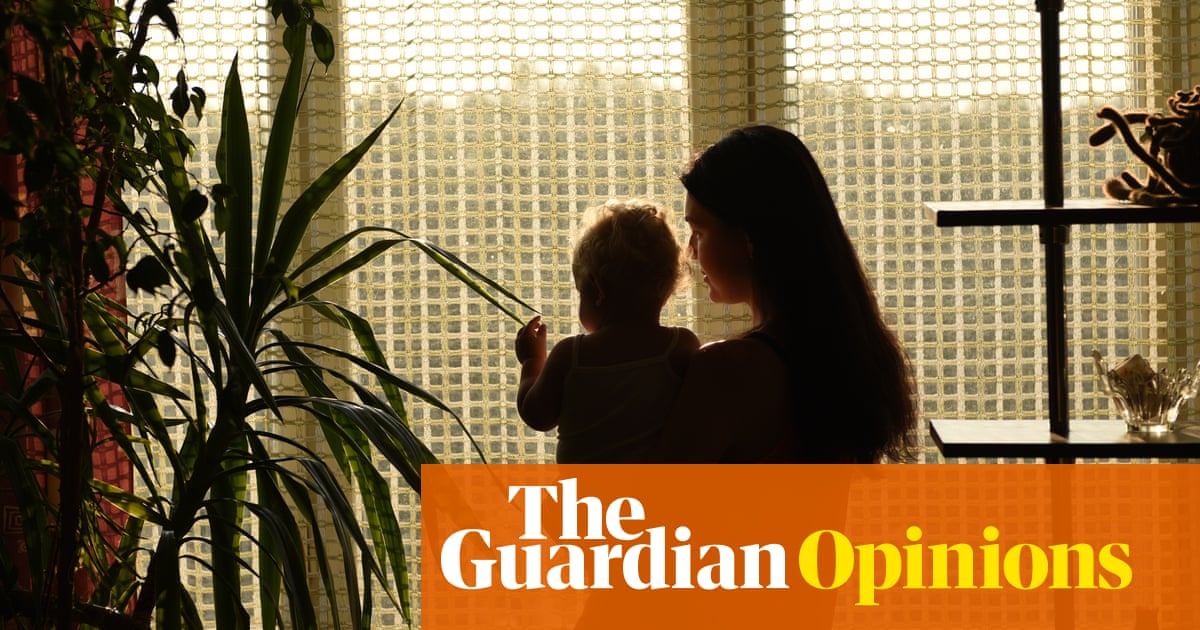Sainsbury’s has drawn a line under a previous controversial attempt to create its own ethical label by agreeing a major tea deal with the Fairtrade Foundation.
As a result of the move, all classic teabags in the “by Sainsbury’s” range will move to Fairtrade, with Kerrina Thorogood, the foundation’s director of partnerships, describing the move as a “tipping point” for ethical tea.
The Fairtrade stamp on packaging guarantees that producers receive a set minimum price, as well as an additional sum called the Fairtrade premium which goes into a communal fund for workers and farmers to use as they see fit. The famous logo is now stamped on 6,000 products, including chocolate, coffee and bananas.
Despite stiff competition from coffee, tea is still the nation’s favourite drink according to Ruth Cranston, the Sainsbury’s director of sustainability. “We sell more than 880m teabags a year, so it is an incredibly important product. But when we look at tea production, there are numerous challenges,” she said. These include disruption caused by the climate crisis, gender rights among a predominantly female workforce, and wages.
The conversion of a big supermarket brand will increase the amount of Fairtrade tea sold in the UK by almost 50%, according to Thorogood. In 2024, about 7% of tea sold was on Fairtrade terms, but it was now on track to hit 10% by 2026, she said.
The commitment to Fairtrade is welcome news for growers at a time when extreme weather is causing misery. Last year, harvests in Kenya and India, which together supply half the UK’s tea, were disrupted by heatwave, drought and flooding.
According to Fairtrade, in January and February, tea growers in Kenya experienced a 13.5% drop in tea production compared with the same months in 2024. The fall was steeper, at as much as 24%, for some smallholders in the west of the Rift Valley.
The Fairtrade logo will now appear on a dozen new products including Sainsbury’s Red Label tea, which launched in 1903 and is the oldest Sainsbury’s product still sold at present.
The overhaul is notable because Sainsbury’s caused controversy back in 2017 when it dropped the Fairtrade label from its tea and introduced its own “Fairly Traded” badge. At a time when other big companies were pursuing their own initiatives, it was seen by some to herald the end of the Fairtrade project.
Cranston pushed back on the idea that Fairly Traded, which ended in 2022, was a mistake, describing it as a “bold move” to improve relationships with producers. “We have never pulled away from Fairtrade, but we’ve talked about the risks in tea, and have trialled different things,” she said. That [Fairly Traded] was done with a view to improving the way we were working with producers. There was lots of success and learnings from the scheme.”
after newsletter promotion
At £6m in 2024, Sainsbury’s generates the most Fairtrade premium of any UK retailer, and the addition of its big-selling own-label teabags will add about £1m to the sum generated by tea sales.
Thorogood described the tea deal as “incredibly significant” and called on other brands to do more as, on average, Fairtrade producers managed to sell only 4% of their produce on its terms. “We’re seeing this as a real tipping point for Fairtrade tea, but … we really need other brands and retailers to be buying in the same way.”

 6 hours ago
8
6 hours ago
8













































